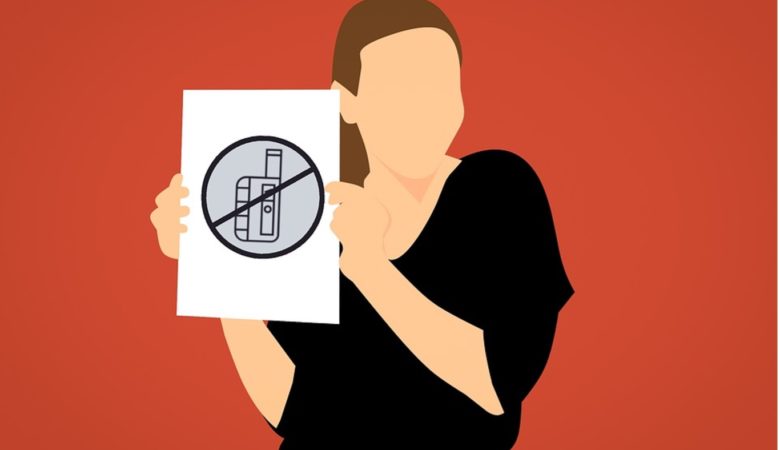The groundless Dutch proposal to ban flavors in electronic vaping products.
Property Rights Alliance submitted public comments on “Regulation of E-Cigarette Flavors” concerning the proposal of Dutch Government to ban flavoring additives in components of electronic vaping products.
The Dutch Ministry of Health failed to consider the public health benefits of vaping products by introducing the following measures: The first measure taken was the smoking ban that was extended on 1 July 2020 on vaping and e-cigarette products with and without nicotine.
The second measure was the introduction of plain packaging for electronic vaping products from 2022, which will create an inhospitable environment for intellectual property rights. The Property Rights Alliance had also submitted comments to express its significant concerns about this Dutch Executive Order.
The groundless proposal to ban flavors in electronic vaping products is the third measure introduced by Dutch Government. The justification for the ban is unclear and quite arbitrary for one of the most impressive innovations of the past decade.
A regulation requires sufficient certainty and banning vape flavors is not a measure justified by the need to protect public health. In fact, such a measure practically misinforms smokers about the usefulness of vaping as a tobacco harm reduction tool. That is a huge negative consequence for public health. According to Consumer Choice Center, access to flavors increases the likelihood of quitting smoking by 230% and 260,363 vapers would be driven back to smoking if flavors are banned.
Unfortunately, the Explanatory Memorandum of the Dutch Proposal fails to note that 55% of young people in Netherlands have not vaped recently. Furthermore, it does not illustrate that any particular flavors trigger the use of e-cigarettes.
There is a consensus among the academic and the medical community that reduced-risk tobacco alternatives such as vaping e-cigarettes are significantly less harmful than smoking combustible cigarettes. A 2018 report by Public Health England found that e-cigarettes are attracting very few young people who have never smoked into regular use and that e-cigarette use among never-smokers is less than 1%. Governmental policies should protect young people and at the same time provide a cessation aid for people attempting to quit smoking.
The ASH Smoke free Great Britain 2019 Survey has explored the effect of a flavors ban for vaping products. If the flavors were no longer available, less than 1 in 10 vapers would stop vaping, while 1 in 5 said they would either smoke more tobacco or return to smoking tobacco. The numbers underline that a flavor ban would not decrease the consumer’s demand for e-cigarettes and probably will incentivize an increase of the smoking rate.
Additionally, this proposal fails to explain how the costs and burdens involved are justified by the seriousness of the problem. In the 7th part of the explanatory memorandum, the Ministry of Health acknowledges that the total number of economic operators is unknown .According to recent market research conducted by trade association Esigbond, the proposed measures will result in 58% less turnover in 2021 and about 82% of the retail outlets would go bankrupt.
Public health may be damaged after the introduction of a flavor ban in a period where there is a sharp rise in smuggling and sale of illegal e-cigarettes. Unlike the licensed vape shops, illicit vendors do not verify customers’ ages.
In the Dutch discriminatory proposal, the right to property (Article 1, First Protocol to the European Convention on Human Rights) is weighed against the legitimate interest of public health (Explanatory memorandum 5.4). The rationale is considered in relation to its health function, which is not detailed, and it contradicts the overwhelming evidence on the lower harm potential of e-cigarettes compared to smoking. E-cigarettes became possible only due to strong intellectual property rights that connect innovators with consumers’ demand for harm-reducing products. In the International Property Rights Index 2020, Netherlands ranked 7th out of 129 countries, with a score of 8.281. Regulations such banning the flavors on vaping products may harm the smoking population and create barriers to access innovative and less harmful products.
Photo Credits: mohamed_hasan

